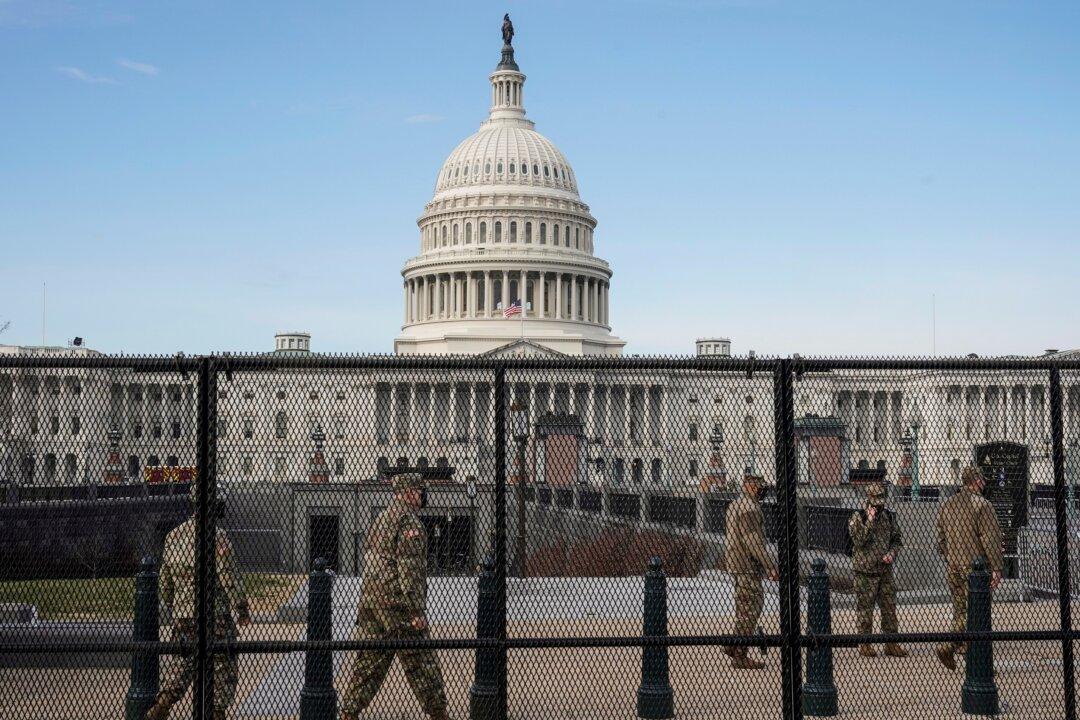Fences with coiled barbed wire, security checkpoints, barricades, and heavily armed guards are what you would expect in a military encampment for a warzone, not in downtown Washington. But these are only some of the measures that have been put in place in preparation for President-elect Joe Biden’s inauguration next week.
Federal authorities have said they’re tracking an “extensive” amount of “concerning online chatter” about potential threats to the inauguration, including armed protests, potential threats linked to the Capitol breach, and other types of potential threats.




